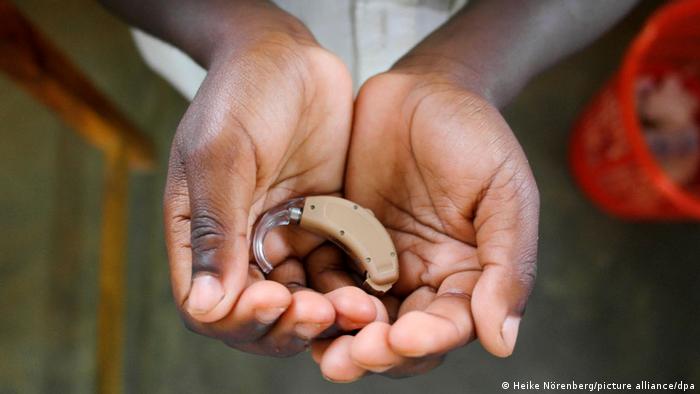CASES of scarlet fever, the infectious disease caused by Step A, have surged to near 18,000 – well above what officials previously thought.
Earlier on, the UK Health Security Agency had reported just 4,622 cases of the Victorian disease between September and December.
But, updated figures suggest the real figure is 17,695, over double what was initially believed.
Cases are nearly nine times higher than the 2,008 reported during the same period for the last worst season for Strep A and scarlet fever, in the winter of 2017-18.
It is also likely this year’s outbreak has not reached its peak.
UKHSA undercounting of incidence of scarlet fever would not have impacted data on the number of invasive Strep A, which has so far killed 19 children.
The surge in cases is putting a huge strain on NHS 111 and pharmacists, with shortages of penicillin and other antibiotics reported across the UK.
Cases of Strep A are also circulating in high numbers in other European countries, including France, Ireland, the Netherlands, Sweden, according to the WHO.
The rise could not come at a worse time, as backlog of people waiting for surgery reaches 7.2million and nurses across the country strike in a bid for better pay.
What are the symptoms of scarlet fever?
The NHS says that when it comes to scarlet fever, your child will most likely start off with cold-like symptoms.
The signs will include:
- high temperature
- sore throat
- swollen neck glands
- rash 12-48 hours after initial symptoms. This usually starts on the tummy and then spreads
- white coating on the tongue
- red cheeks




